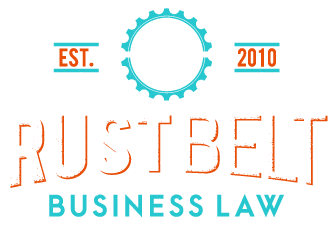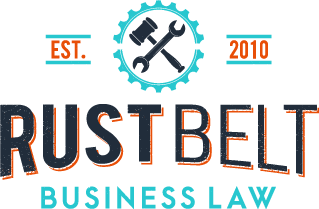Any business owner looking to rent commercial property should talk to a business attorney before any negotiations with a potential landlord begin. An unwary business owner may find herself stuck in a bad lease with no way out, a mistake that could doom a fledgling enterprise.
According to top real estate experts, the best way to ensure that you get the best deal possible on commercial property is to do your homework, and take advice from professionals who know the possible pitfalls that may be involved in commercial leasing. Click here for a discussion with six members of the Forbes Real Estate Council on the subject.
Often, landlords who rent commercial property will have a standard lease that they will present to all new tenants. Don't assume that you must accept the landlord's standard lease terms. All terms are open for negotiation, especially if the property is in a less travelled area or has been vacant for a long time. Some of the most common issues to consider include:
Long lease terms. Landlords like the security of long-term leases. Often, a landlord will offer incentives in the form of free months, discounted rates, or build-out assistance, if a tenant is willing to sign a long-term lease. For an established business, this may be advantageous, but for a new enterprise future success may no be guaranteed. If the business fails or if profits are less than expected, a business owner may be stuck in a lease he cannot afford. This can be even more problematic if the landlord insists that the business owner personally guarantee the lease.
Repairs and maintenance. Make sure the lease clearly identifies who is responsible for regular maintenance on the property, and who is responsible for larger repairs, such as plumbing, roof leaks, and HVAC systems. The estimated cost of any repairs for which you are responsible must be considered when budgeting for rental expenses.
Landlord's responsibility in case of breach. Unless clearly stated in the lease, a commercial landlord in Pennsylvania is not required to make an effort to find another tenant if you break the lease. He can let the property remain vacant until the end of your lease term and hold you responsible for rent after you have left. The lease should specify that, in case of a breach, the landlord must make a reasonable effort to rent the property.
Read the "fine print." After the important details, like the term of the lease, the monthly rent, insurance requirements, and repairs, look for other clauses that may cause trouble down the road. For example, some commercial leases have a "demolition clause" that allows the landlord to end the lease early if he decides to sell the property to a developer, or if he decides to use the property for a different purpose not compatible with its current use. Others may have a "relocation clause" giving the landlord the ability to move a tenant to another location in the building, or a "sale clause' that allows a landlord to terminate a lease on short notice if the property is sold.
Protect Your Rights
It is always best to consult a business attorney before entering into any lease negotiations. If you have an experienced negotiator working for you, you can avoid some costly mistakes. Talk to a business expert at Rust Belt Law at (814) 315-9255 for more information.




